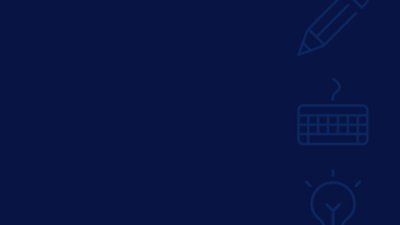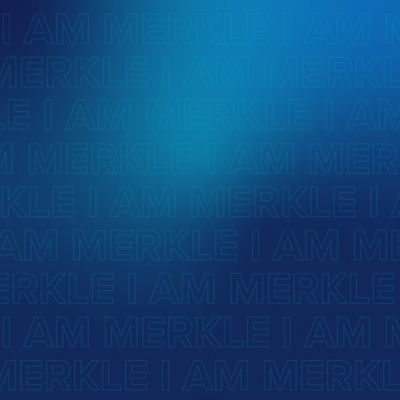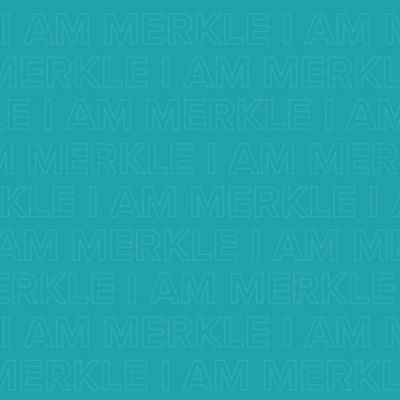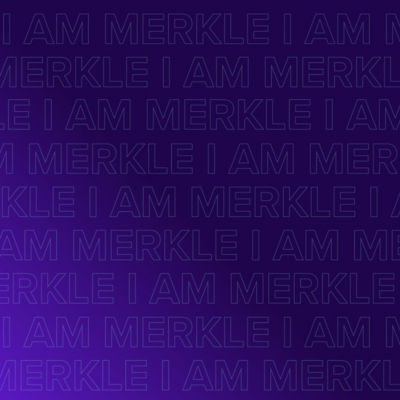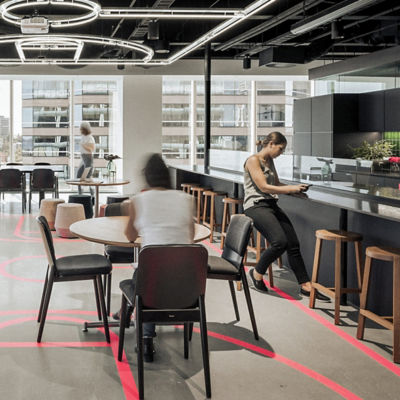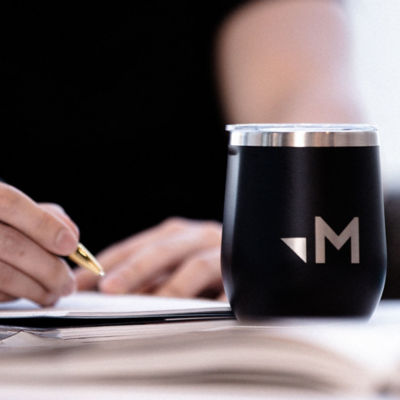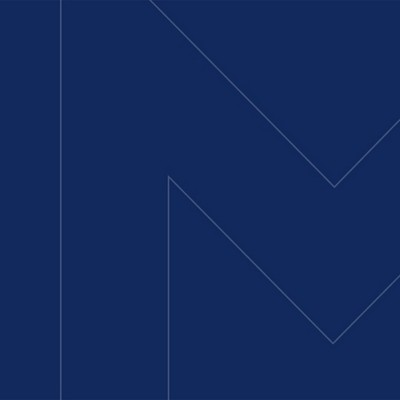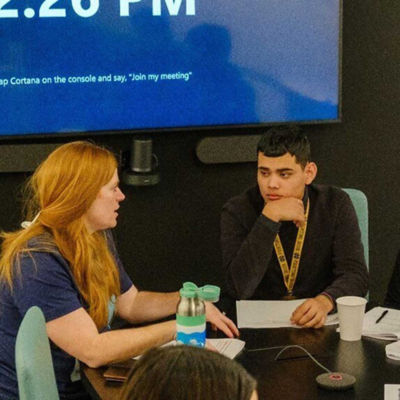I Am Merkle is a series of interviews that showcase the individuals who make Merkle a unique and diverse place to work. This month, learn more about our featured employee, Sanie Mikaelian.
1. Tell us about yourself; where did you grow up? Where do you live now?
I was born and spent my early years in Beirut, Lebanon during the height of the Lebanese civil war. Through sheer luck, my nuclear family was able to immigrate to the US and settled in the Los Angeles suburbs. We were among the first large wave of immigrants from the Middle East and experienced our fair share of hostility like every other group before us. Whenever possible, I spent my summers in Aleppo, Syria where my parents were born and raised, visiting my mother’s side of the family. My appreciation for those trips waned as I got older, but I cherish them now for the time with loved ones and perspective gained. I left Los Angeles for the first time just a few years ago and moved to San Francisco where I eventually joined Merkle | DWA though I’ve since returned to SoCal post-pandemic for the warmer climate (nearly identical to that of Beirut!).
2. What drew you to your current career?
Initially, nothing in particular! I fell into digital marketing after college, when I was guided mainly by what I didn’t want to do in the absence of knowing what I actually wanted to do. I’ve stayed because of the more casual and progressive culture and dynamic nature of an industry that is ever evolving (at warped speed compared to others). It provides the kind of fast pace I need to thrive, be creative, and remain engaged. With DEI, it’s a natural extension of the activism that’s always been a part of my life.
3. What inspired you to become a part of DEI?
The better question may be what inspired me to remain. My initial inspiration was Jacki Kelley’s town hall that was held after George Floyd’s murder. I never imagined dialogue about social justice occurring in the workplace and thought there might actually be an opportunity to affect change. I decided to find out and joined DEI efforts, despite my past cynicism. I received the perfunctory welcome email from Kirt Morris and was puzzled to see “the more you put in, the more you get out.” I dismissed it and dove into the work, only to increasingly reflect on the truth of that statement. First and foremost, I gained a new family made up of like-minded, passionate, smart colleagues from whom I draw my inspiration. Secondly, I discovered my career calling, that miraculously makes use of my education (any other history majors out there?) along with my professional and personal experiences.
4. What part of your new position are you most excited about?
Without a doubt it’s the opportunity to impact policies and practices that can create the systemic changes needed to make our organization more equitable for, and representative of, all under-represented minorities. The long-term success of our business is predicated on it and I find it the most exciting part of our Merkle 5.0 transformation.
5. What is a moment in your life that defined or shaped who you are today?
There are two that were most formative. First, was my father’s death from cancer while I was an undergrad, then ten years ago my own diagnosis of a rare, incurable (chronic), blood cancer. Both caused a tremendous amount of grief and left me reeling when faced with the unanticipated (and certainly unwanted) new realities of my life and future possibilities. On the other side of the grief, I am much happier with, and prouder of, the person I am now; more grounded, independent, resilient, and brave. Most importantly, these experiences shifted how I prioritize and value the various aspects of my life to bring more purpose, joy, and peace – something many of my peers are not lucky enough to be forced to do.
6. What is your biggest accomplishment?
Playing a (small) part in getting a piece of legislation, the CREATES act, that was passed by Congress. I wasn’t able to function typically after I was sick and at times I was unable to work. This changed with the advent of a new, highly targeted drug that came with an obscene price tag, ironically creating new, albeit different, limits. I began meeting with my legislators, leading one senator to co-sponsor the act which makes producing less expensive generics easier.
7. To date, what has been your biggest learning or teaching moment?
My biggest general learning is that change for the better comes slowly and requires sustained effort. That’s been demonstrated time and again in my life. The wartime nightmares, PTSD related responses, lasted for a decade after leaving Lebanon. Healing from the other aforementioned life-altering events took about five years. The CREATES act existed for four years before it passed. Getting to our desired endpoint with DEI efforts will also take years. There will undoubtedly be setbacks and some changes occurring more incrementally than we’d like. I am confident we will get there though ― we have the beginnings of a fiercely dedicated team and have the full commitment and support of CXM and dentsu leadership.
8. What inspires you about your workplace culture?
That it can be transformative. The prioritization of DEI has made bringing your “whole self” to work truer for all. I’ve experienced this in meaningful ways – no one batted an eye upon learning my new partner is a she and feeling comfortable openly discussing my disability was previously unfathomable.
9. If you currently weren’t doing what you do today professionally, what would you be doing?
If I had unlimited resources, I would be volunteering full-time with non-profits I respect to fight for policy changes focused on human rights that will positively impact a greater number of people (and let’s be honest, lots more “me” time in tropical locations I’m convinced I was meant to live).
10. What was the first concert you went to?
Seems impossible, I know, but I honestly don’t remember! Perhaps a byproduct of youth spent in Los Angeles with an overabundance of easy to access to shows? My favorite/most memorable concert was The Distillers at the Henry Fonda Theater.
11. Rapid fire:
Favorite food
My mom’s zucchini dolma!
Favorite TV show/movie
Shawshank Redemption (by default because I can’t find a flaw)
Favorite hobby/activity
Anything in the ocean – swimming, snorkeling, diving.
Favorite book
Crime & Punishment
Guilty pleasure
Reality TV
Best advice or mantra you live by (in your own words)
Be kind to yourself and others…This is simple but challenging to consistently practice
